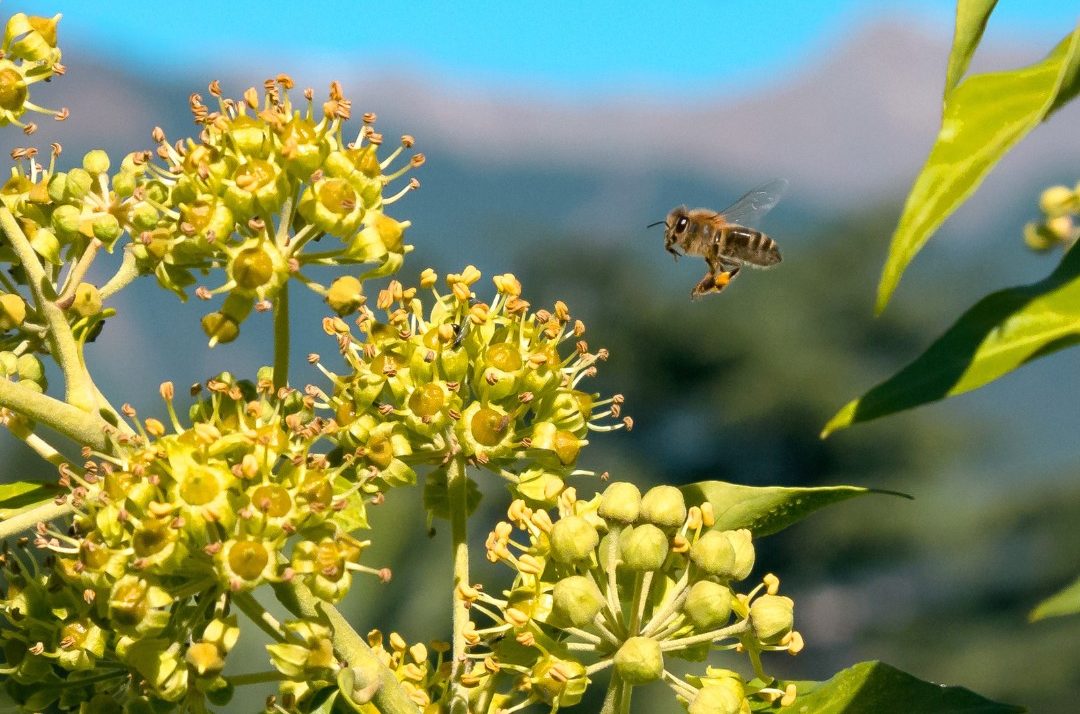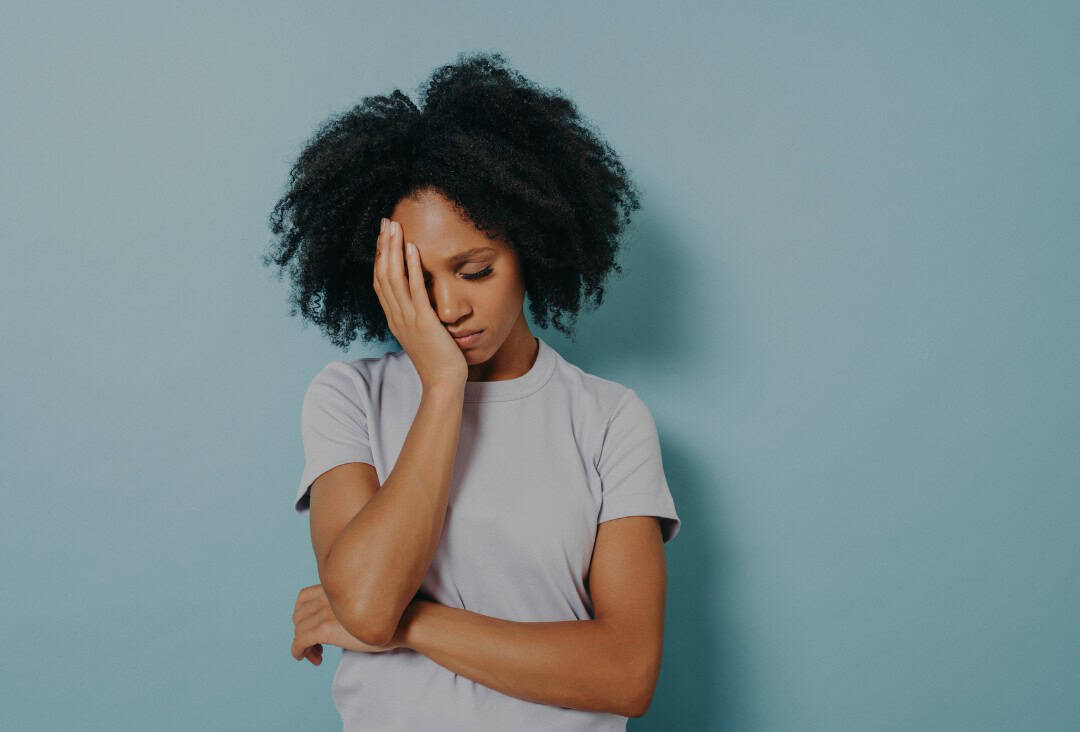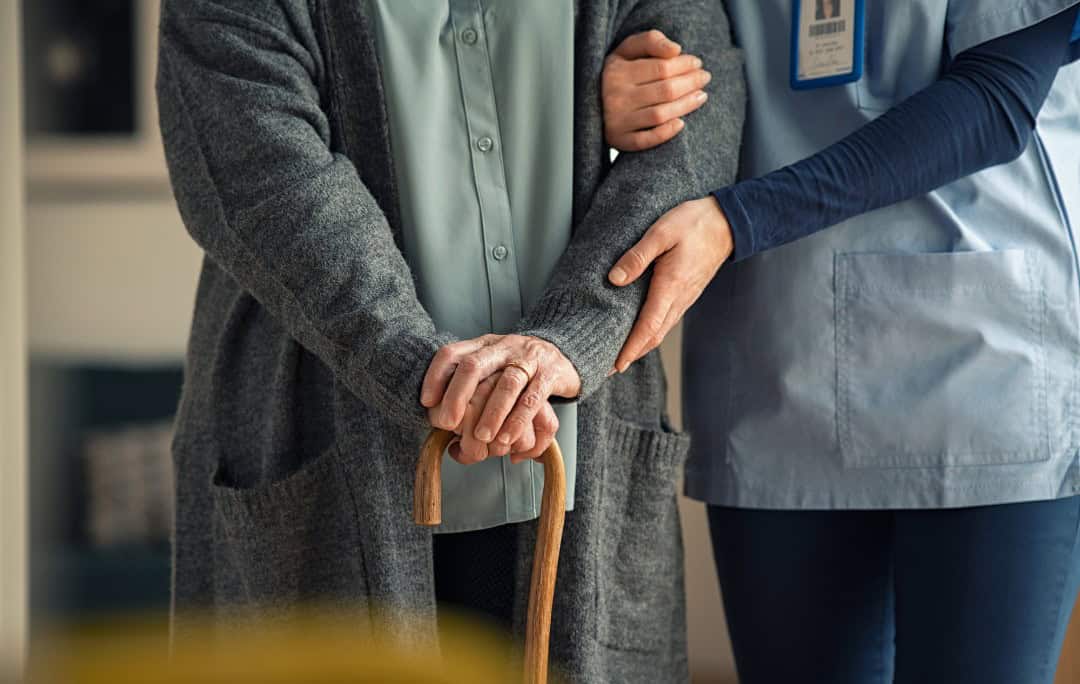Hay fever is a common allergy that mainly causes sneezing, coughing and itchy eyes. There is currently no cure however there are several treatment options to help relieve your symptoms.
You can experience hay fever all year round however symptoms tend to typically get worse between March and September. This is when it’s warmer and windy and when there is a higher pollen count. You’re symptoms could last for weeks or even months.
What is hay fever and what is its cause?
Hay fever is an allergic reaction to pollen, which is a powder that is produced by plants. The reaction happens when the pollen encounters your eyes, nose, mouth or throat.
Symptoms
While excessive sneezing, coughing and itchy eyes are the most common symptoms that people associate with hay fever, there are many more including:
- Runny or blocked nose
- Loss of sense of smell
- Headache
- Fatigue
- Red or watery eyes
- Itchy throat, mouth, nose and ears
- Pain around the sides of your head and you’re forehead
Treatment options
There is no cure or prevention for hay fever however there are treatments that you can access to help ease your symptoms. At a pharmacy you can purchase antihistamine drops, tablets and nasal sprays as well as steroid nasal sprays.
If you speak to your GP, you may be prescribed a steroid treatment or other hay fever treatments. If these don’t work, your GP may refer you for immunotherapy. Immunotherapy involves small amounts of pollen being injected or taken as a tablet. This helps your body get used to the allergen so your body will slowly build up an immunity to it. This kind of treatment is recommended a few months before the hay fever season starts.
Ways to ease your symptoms
If you want to ease your symptoms, there are several things that you are recommended to do, this includes:
- Applying petroleum jelly around your nostrils (this will help prevent pollen from entering your airways)
- Wearing glasses (specifically wrap around glasses), a mask or wide-brimmed hat (this will stop pollen getting into your nose and eyes)
- When returning from outside, shower, change and clean your clothes to wash any pollen off
- Keep your windows and doors shut as much as possible
- Vacuum regularly
- Dust with a damp cloth
- Use a pollen filter in the air vents in your car
- Use a HEPA (High-Efficiency Particulate Air) filter in your vacuum cleaner
What not to do
There are several things that you are recommended not to do if you suffer from hay fever as it can make your symptoms worse, these include:
- Do not cut grass or walk on grass if possible
- Don’t spend too much time outdoors
- Don’t keep fresh flowers in your house
- Do not smoke or be around smoke
- Don’t dry your clothes outside (as they will collect pollen)
- Don’t let your pets inside or clean then after being outside, so they don’t carry in pollen
Information taken from:








